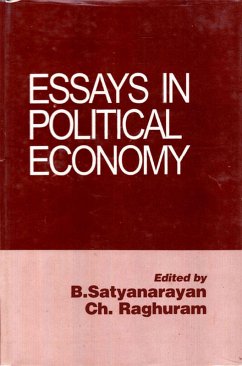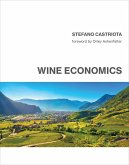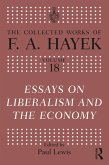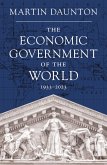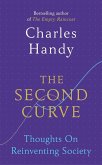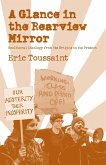The present compendium is a collection of nine research papers written by late professor Gautam Mathur. These papers were either published in the leading Academic Journals, such as The Indian Economic Journal or published in the books edited by economists like Prof. M.J. Campbell and Shri Tarlok Singh. The papers were written/published during the seventies and eighties. Prof. Mathur was championing the cause of developing countries like India which have chosen the development path through the process of planning. He was of the view that the problems faced by a developing country like ours with a sizeable population below the poverty line, huge unemployed and non-employed population, most of the working population working with the demechanised and unproductive techniques of production, the process of development should take place by choosing the appropriate strategies of development. His basic ideas are contained for his magnum opus work entitled Planning for Steady Growth (Basil Blackwell, Oxford; 1965). His ideas seem to have crystallized in a more scientific manner in the papers which are now published in this book. Surprisingly, the polar shift in perceptions and prescriptions in the economic field has not outdated any of his views. As a matter of fact, many of the ideas of Prof Mathur have actually gained in relevance. He believed that an economy can be made to experience rapid economic development, if only proper choices were exercised. These "basic choices" as he described them dealt primarily with what to produce and with what technique. All other choices like consumption, savings etc. would flow out of the basic choices. He thought that economic growth and development rightly belonged to the real system and hence production sectors and their inter-dependence were central to his writings. The Leontief system is too restrictive since it does not easily accommodate choice of techniques. He, therefore, turned to Von Neumann's model, which was much more versatile and accommodative to various issues which he addressed in his writings.
Dieser Download kann aus rechtlichen Gründen nur mit Rechnungsadresse in A, B, BG, CY, CZ, D, DK, EW, E, FIN, F, GR, HR, H, IRL, I, LT, L, LR, M, NL, PL, P, R, S, SLO, SK ausgeliefert werden.

